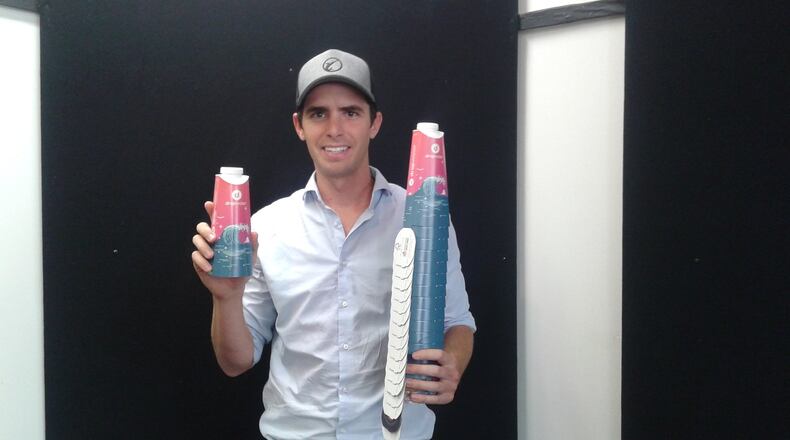Hamilton Development Director Jody Gunderson said a decision on whether to continue the program probably won’t be made until early 2020. Under the program, companies that focus on such issues as purifying water for drinking and cleaning water after it has been used by households or industrial companies doesn’t pollute the environment.
“I just had a meeting the other day where we were discussing it,” Gunderson said. “I don’t know where we are just yet, but it was a matter of discussion.”
The Pipeline H2O program “was something that really had gotten some pretty good traction, and I think if at all possible, it’s going to be something we want to bring back,” he said. “I’m not sure if we’re doing it or not, to be honest with you.”
The decision was made partly because Antony Seppi of the city’s Hamilton Mill business accelerator and director of Pipeline H2O, left Hamilton to join Hamilton County’s HCDC Business Center as a business coach. In past years, officials would be recruiting companies to join the program this time of year, but that schedule would be pushed back if the program continues.
Mayor Pat Moeller in February said he expected Hamilton to continue the program. Hamilton was a good city to lead the program because it has its own water, sewer and electric utilities that companies can use to experiment with their innovations.
With Pipeline H2O, participating companies met in Hamilton, Cincinnati and elsewhere across the region with mentors, utilities, university experts and others to improve their inventions and hone their marketing so they could develop and sell their water-technology ideas.
The U.S. Environmental Protection Agency and Village Capital, based in Washington, D.C., decided this area was prime for such a program because the U.S. EPA’s internationally respected Andrew W. Breidenbach Environmental Research Center is near the University of Cincinnati campus.
Melinda Kruyer, executive director of Confluence, a non-profit “water-technology innovation cluster” that covers the region of Dayton, Greater Cincinnati, Northern Kentucky and Southeast Indiana, expressed great hope for the program when it began.
About the Author
